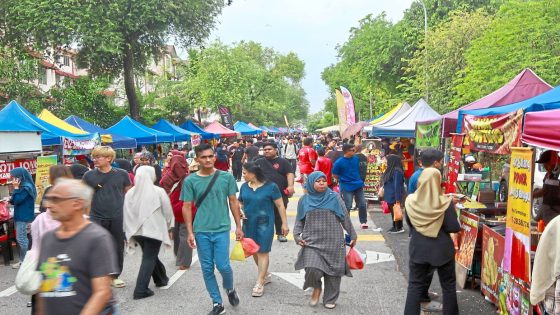On February 13, 2025, the DKI Jakarta High Court sentenced Harvey Moeis to 20 years in prison for a major corruption case involving tin, which caused a staggering loss of Rp 300 trillion to the state. This decision marks a significant increase from his initial 6.5-year sentence, raising questions about the judicial process and the implications for corruption in Indonesia.
- Harvey Moeis sentenced to 20 years in prison.
- Initial sentence was 6.5 years for good behavior.
- Corruption case caused Rp 300 trillion loss.
- Court ignored good behavior in appeal ruling.
- Actions deemed harmful to Indonesian society.
- Supreme Court addressed public concerns on sentencing.
Indonesia’s Tougher Stance on Corruption: Harvey Moeis Case Highlights Judicial Changes
Why is the Harvey Moeis case significant in Indonesia’s battle against corruption? The recent ruling reflects a shift in how the courts handle corruption cases, emphasizing accountability and the need for harsher penalties. The previous leniency shown in Moeis’s initial sentencing raised public concern and prompted a review of judicial practices.
Implications of the Harvey Moeis Verdict on Indonesia’s Legal System
The increase in Harvey Moeis’s sentence from 6.5 years to 20 years demonstrates a critical turning point in Indonesia’s legal framework regarding corruption. The High Court’s decision indicates a commitment to addressing public dissatisfaction with previous lenient sentences. This case serves as a reminder of the ongoing fight against corruption and the importance of maintaining public trust in the judicial system.
Key Factors Influencing the Harsh Sentence in the Moeis Case
Several factors contributed to the harsher sentence imposed on Harvey Moeis:
- Public outcry over leniency in corruption cases.
- Judicial recognition of the impact of corruption on society.
- Removal of previously considered mitigating factors, such as Moeis’s demeanor in court.
- Emphasis on the need for stronger deterrents against corrupt practices.
The Role of Public Perception in Corruption Sentencing
The public’s reaction to the initial lenient sentence played a crucial role in the High Court’s decision. Citizens expect justice and accountability, especially in corruption cases that affect the economy and their lives. This case illustrates how public sentiment can influence legal outcomes and the importance of responsive governance.
Future of Corruption Cases in Indonesia: What Lies Ahead?
As the Harvey Moeis case unfolds, it raises questions about future corruption prosecutions in Indonesia. Will this case set a precedent for stricter sentences? The public’s demand for justice may push the judiciary to adopt a more rigorous approach, ensuring that those who engage in corrupt practices face significant consequences.
In conclusion, the Harvey Moeis case is not just about one individual’s punishment; it reflects broader societal issues regarding corruption and the legal system’s integrity in Indonesia. As the country continues to grapple with these challenges, the outcomes of such high-profile cases will be crucial in shaping public trust and future judicial actions.

































